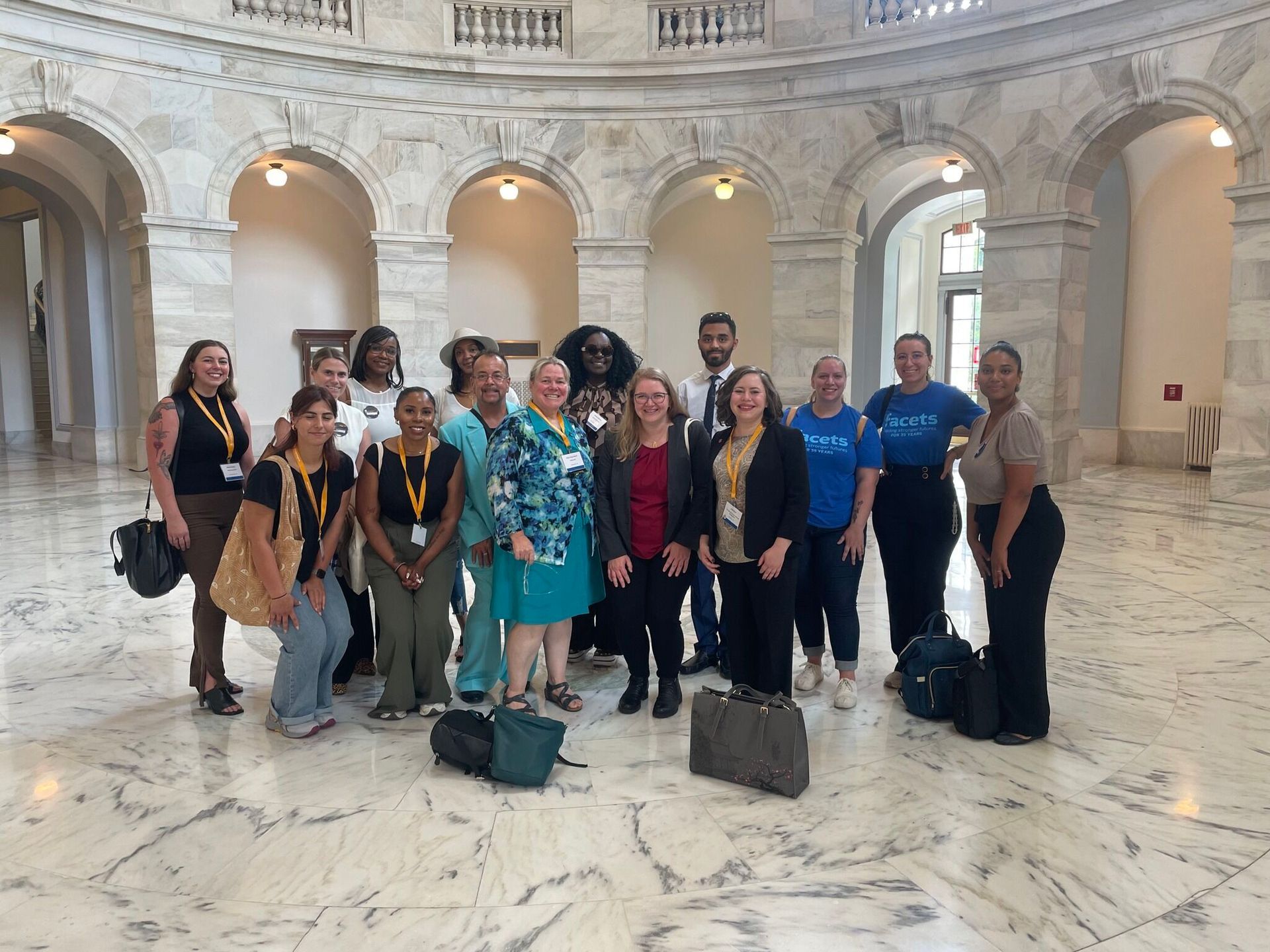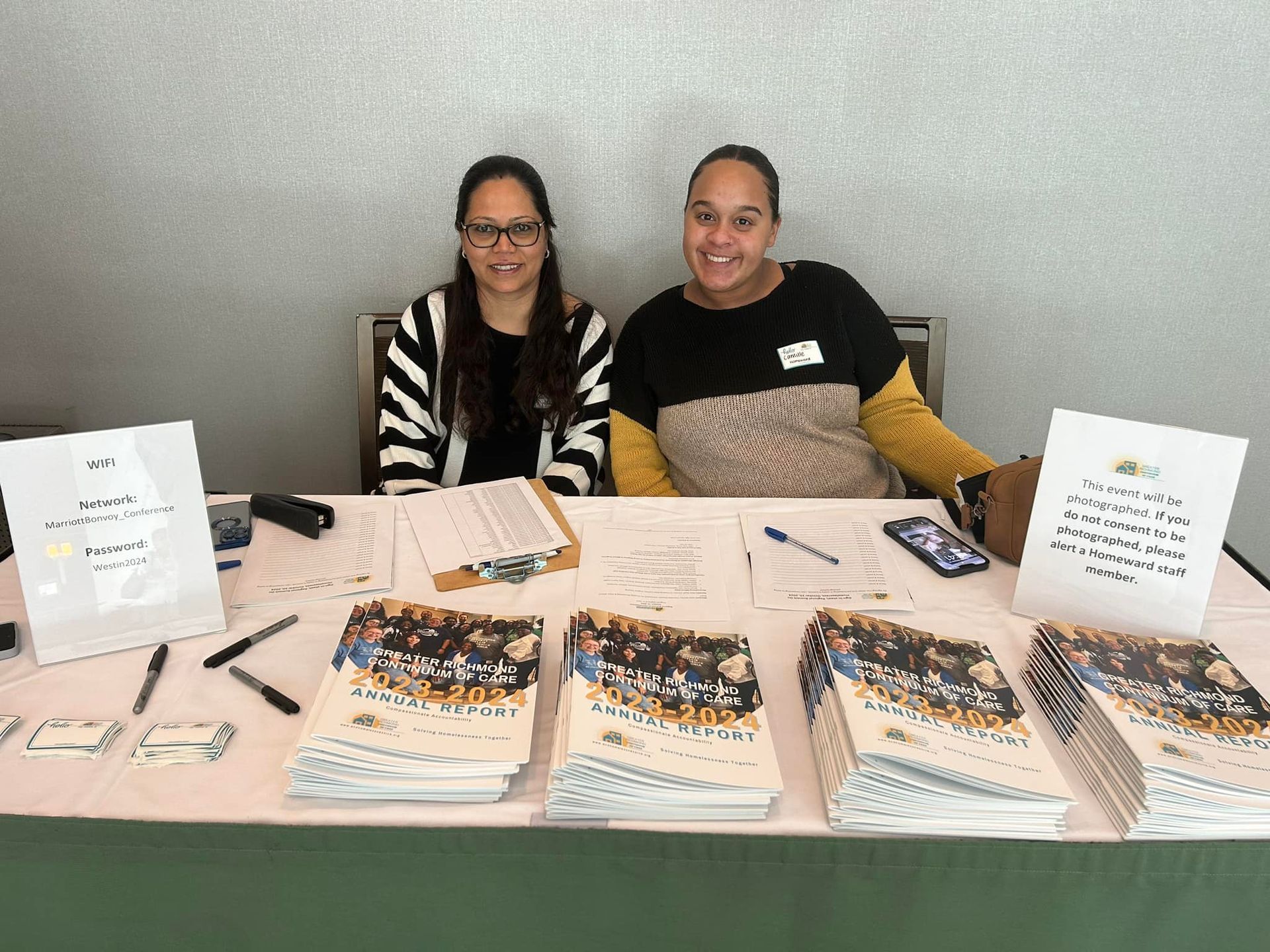Homeward Publishes 2022 Gaps Analysis
Along with the rest of the country, the Greater Richmond Continuum of Care (GRCoC) is situated in a time of risings rents, inflation, low rental market vacancy rates, potential evictions, and a decrease in affordable housing.
Why Conduct the Gaps Analysis?
How the GRCoC and our region address the challenge of assisting people on the path from homelessness to permanent housing has implications for both service providers and clients. At the forefront of these conversations must be the topic of affordable housing. An infusion of pandemic-related funding allowed for the opening of temporary and non-congregate shelters (i.e., hotel rooms) that enabled providers to serve numbers of people similar to pre-pandemic levels. As COVID-related resources are ending, the additional beds made available for people experiencing homelessness have closed, and clients are staying in shelters twice as long as they did pre-COVID.
This gaps analysis provides crucial data to help us make more informed decisions.
What Data was Used?
Homeward collects and analyzes verifiable data on individuals and families experiencing homelessness in Central Virginia. An important aspect of this data collection is that it’s rooted in lived experience and the data comes directly from the people who experience homelessness in our region.
Data for this gaps analysis was collected via the Homeward Community Information System (HCIS) along with input sessions with people with lived experience of homelessness. Data is verified by Homeward and coordinated entry partner agencies in the GRCoC. Those agencies meet stringent federal regulations for data collection, reporting, and services (i.e., non-discrimination policies and funding audits). Data used for the gaps analysis is reported to federal and state agencies and subject to rigorous and transparent reviews.
What are Key Takeaways?
- Housing affordability was identified as the most common barrier to permanent housing during client input sessions conducted by Homeward in October 2021. Multiple participants stated that the increase in rents in the region made it unlikely that they could afford housing long-term without rental assistance.
- During the pandemic, there was a 92% increase in the number of people in families served by our region’s shelter system.
- In the year prior to the pandemic, the average length of stay in shelter for people who exited was 22 days. In the past year, it was 42 days. If the shelter system continues to function as it is now, our community does not have the capacity to serve the people who need it.
- Targeted permanent housing programs – including rapid rehousing and permanent supportive housing – stably and permanently end homelessness for the vast majority of clients they serve with 78% exiting these programs to permanent destinations.
Click here to read the full 2022 Gaps Analysis.

Greater Richmond Continuum of Care Secures Over 9.3 Million in Federal Funds to Address Homelessness


If you are homeless or will lose housing in the next three days, call the Homeless Connection Line at 804-972-0813.
All Rights Reserved | Homeward | 9211 Forest Hill Ave, Suite 110, Richmond, VA 23235 | (804) 343-2045 | grcoc@homewardva.org



